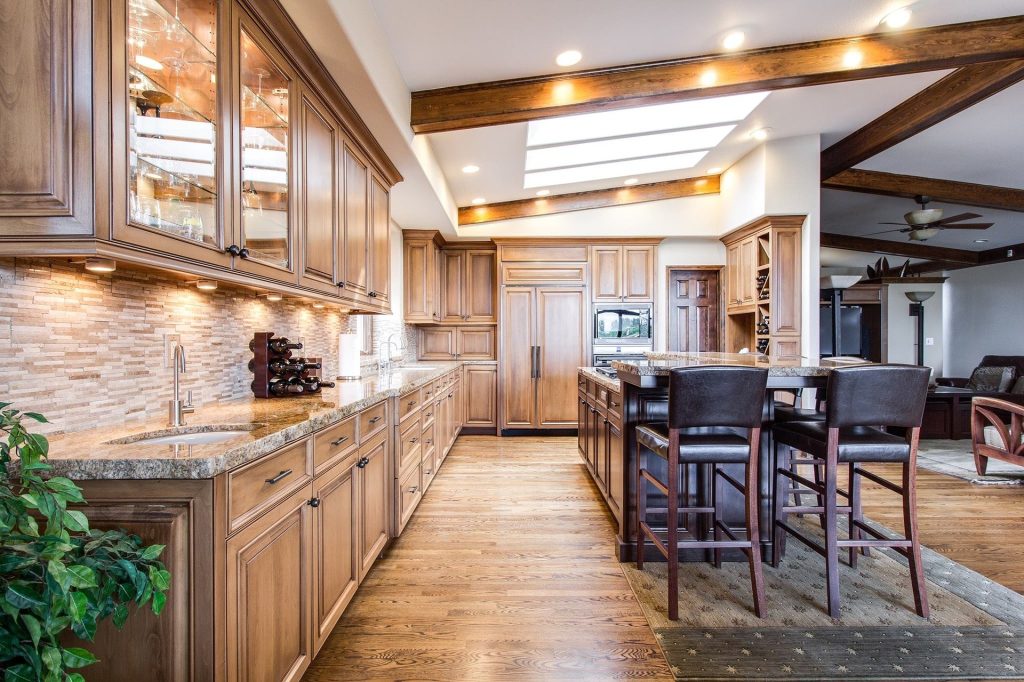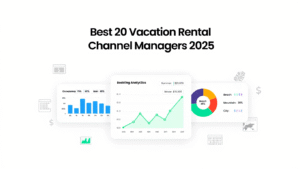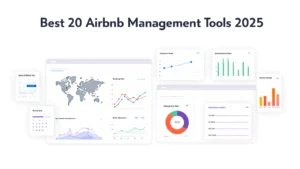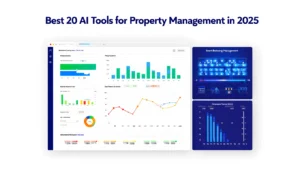Real estate investing is one of the best ways to build financial freedom and generational wealth for you and your family. Many people do not think of real estate as a way to invest their money and typically buy one house in their entire lifetime.
So many people overlook the opportunity to invest in real estate because of the large amount of capital required to start, the high risk, and the workload. In reality, these things can be avoided and actually make real estate investing an extraordinarily profitable and valuable investment strategy.
This short article will explain how to avoid those downsides and how a multi-family home can be the perfect start to your real estate journey.
Barriers to Entering Real Estate

Capital
When I say capital, I am speaking of the amount of money you need in your bank account to purchase your first property. Many people believe that you need an insane amount of money to buy a home or start investing, but that isn’t true in most cases.
Although you don’t need lots of cash on hand, there are other factors that are unavoidable and must be met to start.
The first is your credit score. In order to start investing in real estate without being able to make a sizeable down payment, you will need an exceptional credit score. As long as you have been responsible and building credit for at least five to ten years, you should be good!
This is because, without a large down payment, you will be taking on a bigger loan. The bank wants to be sure that you will pay them back in a timely manner. So if you are interested in real estate investing but have a lower credit score, that should be priority number 1.
As a first time home buyer in England, you are only required to put down a 5% down payment, sometimes even down to 3.5%, depending on your situation and the property. That means a £200,000 home would only require you to put £10,000 down. Not so bad, right?
High Risk
Big numbers scare people. Most people view real estate as a risky investment for a variety of reasons. I completely understand where this thought process comes from. The housing market is infamous for massive crashes every year or so. Homes can require lots of maintenance and upkeep, and every once in a blue moon, you may get a nightmare tenant. So let’s break down these risks and talk about how to avoid them.
Market Crashes
The housing market does happen to crash every so often, but this only happens due to significant economic crashes in general. It typically happens during a time of economic downturn, meaning there are fewer jobs, so fewer people are buying houses.
Sounds risky, right? It is actually less risky than typical investments like stocks or ETFs because when the housing market crashes, the stock market does as well. Only when the stock market crashes, the housing market almost always remains strong.
Secondly, when the housing market crashes and homes become less valuable, people take that as an opportunity and begin purchasing a lot of property, meaning that the market recovers very quickly. Also, it is important to understand that housing prices only go up, and when it crashes, it quickly becomes stable again and soon after begins to grow.
Historically, real estate is the safest long term investment strategy because, with growing populations across the globe, housing will always be in high demand.
Maintenance and Upkeep
This is a fun one, there is also a straightforward way to eliminate the risk of this issue. It is called DOING YOUR RESEARCH. If you buy a home without researching and understanding the costs affiliated with it, you will never be successful investing in real estate.
When you have found a neighbourhood and a deal that may be right for you, it is ESSENTIAL to do a thorough inspection of the entire home. This means everything from a structural standpoint to the basement carpets. There are plenty of people who are willing to inspect the entire house for a small fee and report on anything that may need updating in the near future.
Of course, there are some things that you cannot avoid. However, doing thorough research on a property will save you an extreme amount of money in the long run.
Nightmare Tenants
This is another super easy one to avoid. It has three simple steps:
- Do simple background checks on any applicants. Do not accept anyone who has been previously evicted.
- Avoid certain groups of people. A family of four with two kids will be a much better tenant than a group of five university students.
- Hire a great eviction lawyer. This won’t cost too much, and they will know exactly what to do when you need to evict a tenant.
Multi-Family Homes

Now that you understand why real estate investing is much easier than you would imagine, I want to explain why multi-family homes are the best way to start a real estate portfolio.
Multi-family homes are the ideal place to start investing in real estate. They are often cheaper, and much more profitable than single-family homes or large multi-unit complexes.
The reason they are so great is because of the term “House Hacking”. If you have never heard this term before, a short definition is either buy a move-in ready multi-family home or a fixer-upper multi-family home. Once you purchase it, you live on one side and rent the other to a family or individual. Depending on your area, the amount they need to pay you for rent should cover the monthly cost of your mortgage, essentially meaning you are living for free and building long term wealth.
If the home is ready, that is great, but the purchase price may be a bit more expensive, but you will save money not needing to fix things, and the money should start coming in sooner.
If the home is a fixer-upper, that works too because you live in it, so you can do the rehabilitation while you are living in it essentially for free!
Multi-family homes are great for another reason. As long as you use the home as your primary residence for a minimum of a year when you decide to sell the home, you will pay significantly fewer taxes than if you weren’t to live in it.
If you are extra motivated to be a big-time real estate investor, I suggest living in it for a year or so and then trying to find a remarkably similar property. Another multi-family home in the same price range is ideal.
Once you move into the new home, you may have just added about £1000 to your monthly income.
Let’s go over a quick example deal for you.
Sale Price of Home: £200,000
- Down Payment: £10,000
- Loan Amount: £190,000
- Loan Period: 30 Years
- Interest Rate: 3.8%
- Mortgage Payment: £877/month
Tenant 1 (you)
- Rent: £0
- Utilities: £150/month
- Tenant 2
- Rent: £1027
At this point, you will be breaking even or spending a bit on utilities each month, but you will be living for free!
Once you acquire your second property, the example will look like this:
Tenant 1 (not you anymore)
- Rent: £1000
Tenant 2
- Rent £1000
This means now that your tenants will be covering the entire cost of your mortgage and allowing you to profit almost £1000/month! All while building equity in the property for when you decide to sell!
I hope this article inspires you to join the world of real estate investing. It truly is a House Hack. If this all sounds too good to be true, then head over to Pearl Lemon Properties and get connected with an expert property sourcing agent, as well as check out their incredible multi-family listings!
Concluding Tip: Do not buy the best house in the worst neighbourhood. Buy the worst house in the best neighbourhood





